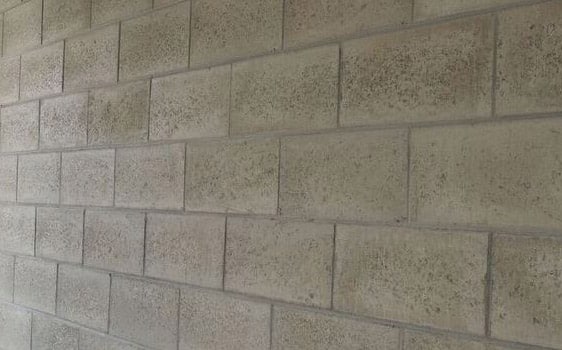Concrete Blocks (Masonry)

In Ireland, the vast majority of housing is delivered using on-site masonry construction. There are many benefits of masonry construction, including fire resistance, thermal mass, durability, energy performance, acoustics and flood resilience.
As is the case for other concrete products, there has been ongoing development of product standards, associated guidance and design codes for concrete blocks (masonry). Compliance with all of these design codes, product standards and on-site construction regulatory requirements is essential to ensure that all of the benefits of masonry construction are realised during the buildings use. The relevant product standard for concrete blocks is I.S EN 771-3 – 2011: Specification for masonry units – Part 3: Aggregate concrete masonry units (Dense and lightweight aggregates). This standard is called up in national Building Regulations (Part A – Structure) and SR 325:2013: Recommendations for the Design of Masonry Structures in Ireland to Eurocode 6, as is the requirement for Category 1 blocks to be used in the construction of buildings and dwellings.
Below please find a guidance not for specifiers and manufacturers on concrete (masonry) blocks and a list of the principal standards and design codes related to masonry blocks used as common, facing or exposed masonry in load bearing or non-load bearing building and civil engineering applications when designed and built in accordance with the current Irish Building Regulations. All of these design codes, standards and guidance are available for purchase from the N.S.A.I. Interested parties are also encouraged to seek additional information in national Building Regulations and Technical Guidance Documents available from the Department of Housing, Planning, Community & Local Government.
